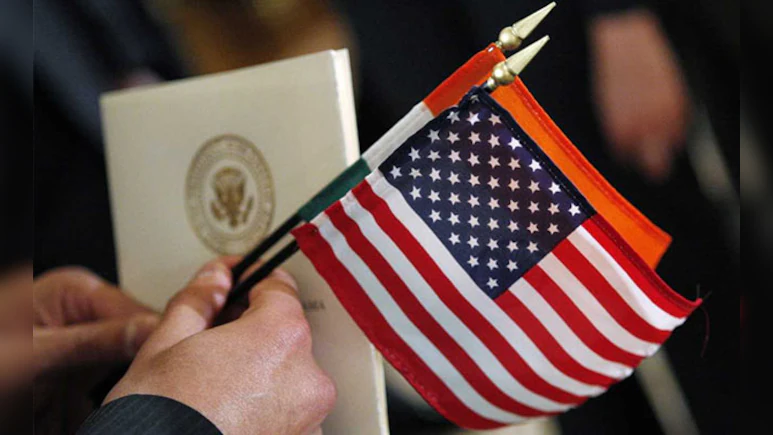Earlier this month, in a development that flew under the radar, two Indian doctoral students—one at the University of Maryland and the other at Harvard University—were honored by the prestigious Center for Cosmology and AstroParticle Physics. Their groundbreaking research in astrophysics, though highly technical, has earned them recognition at an international level.
What sets this achievement apart is not just the caliber of the award, but the age of the recipients—both under 30. They’ve managed to carve out a name for themselves in a field as vast and boundless as the universe they study. It’s an inspiring testament to how talent, when nurtured in the right environment, can shine early.
The Opportunity Gap Back Home
However, this story also underscores a deeper, more uncomfortable truth: this kind of success may not have been possible if the students had stayed in India.
Despite the reputation of India’s top-tier institutions like the IITs or IISc, the reality is that the environment they offer is still not on par with many American universities. Factors like limited research funding, bureaucratic red tape, a lack of interdisciplinary freedom, and insufficient mentorship make it difficult for even the most promising minds to thrive.
Could these two students have eventually joined ISRO or a top Indian institute? Possibly. But would they have been able to achieve the same level of academic freedom, recognition, and early-career accolades? Unlikely.
A Wake-Up Call for Indian Parents
So why highlight their story?
To offer a reality check—particularly to Indian parents eager (or desperate) to send their children abroad. Many are willing to invest significant resources, often selling property or dipping into lifelong savings, to finance a foreign degree for their child. But it’s crucial to ask: is the return on investment always worth it?
For exceptionally talented students—like the two highlighted above—who are pursuing highly specialized and research-intensive paths, the U.S. still offers unmatched opportunities. But the same cannot be said for every student, especially those enrolling in mid-tier or lesser-known institutions.
The Fading Allure of the “American Degree”
The idea that a U.S. degree automatically guarantees success is becoming outdated. Several factors are now working against this long-held belief:
-
Uncertainty under U.S. immigration policy: Under recent administrations, including that of Donald Trump, abrupt changes in visa rules and work policies have left students anxious and vulnerable.
-
Reduced campus placement access: Students returning to India after foreign degrees often find themselves excluded from the Indian campus recruitment ecosystem, which favors local degree holders.
-
Diminished ROI for generalist degrees: A liberal arts or general engineering degree from a second- or third-tier foreign college offers little edge, especially considering the heavy financial cost involved.
-
Mental health challenges: The emotional toll on young students, many of whom leave India at just 18 or 19, is often underestimated. Isolation, culture shock, and racial discrimination—11 Indian students were reportedly killed in the U.S. in 2024—can lead to serious psychological repercussions.
The Value of Staying Back
Another underappreciated loss for students going abroad too early is the loss of local networks. In India, your college friends often become your professional circle, business partners, or lifelong support systems. Many successful Indian start-ups were born from college dorm discussions. That shared journey and familiarity are often missing for those who spend their formative years overseas.
Though international friendships are valuable, they often become scattered due to global dispersal. In contrast, the deep-rooted social fabric built during college in India can offer a sense of belonging and support in both personal and professional life.
One Size Doesn’t Fit All
In conclusion, the goal here isn’t to discourage international education but to advocate discernment over herd mentality.
Not every student needs or benefits from a foreign degree. For some, it can be transformative. For others, it may lead to disappointment, debt, and disillusionment. Indian parents must stop treating a U.S. college admission as a default badge of success and start evaluating it based on their child’s unique aspirations, abilities, and the real-world returns of the investment.
Education should be about enabling dreams—not chasing illusions.



